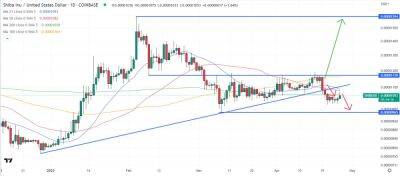Revealed: most of EU delegation to crucial fishing talks made up of fishery lobbyists
More than half of the EU’s delegation to a crucial body of tuna stock regulators is made up of fishing industry lobbyists, the Guardian’s Seascape project can reveal, as Europe is accused of “neocolonial” overfishing in the Indian Ocean.
The numbers could shed some light on why the EU recently objected to an agreement by African and Asian coastal nations to restrict harmful fish aggregating devices (FADs) that disproportionately harvest juvenile tuna. Stocks of yellowfin tuna are overfished in the Indian Ocean.
FADs are large floating rafts that attract fish by casting a shadow, making it easy for vessels to catch massive numbers of tuna. They contribute to overfishing of yellowfin because they attract juveniles as well as endangered turtles, sharks and mammals that get caught up when the devices are encircled in purse seine nets.
In February, a proposal by Indonesia and 10 other coastal states in the region – including India, Sri Lanka and Pakistan – for a 72-day ban on FADs used by purse seine vessels was adopted by the Indian Ocean Tuna Commission (IOTC), the main regulatory body. With a two-thirds majority vote, the measure was welcome by conservationists as a “huge win” for yellowfin and other marine life.
Retailers including Tesco, Co-op and Princes have previously issued calls for tough action to preserve and rebuild the $4bn yellowfin industry, while this year Marks & Spencer warned EU officials that FADs are a major cause of yellowfin tuna overfishing, and that they cripple future stocks.
The devices, typically made of plastic, also pollute the ocean and small island states when lost or discarded.
But earlier this month the EU, which is the largest harvester of tropical tuna in the region, objected to the measure,
Read more on theguardian.com














